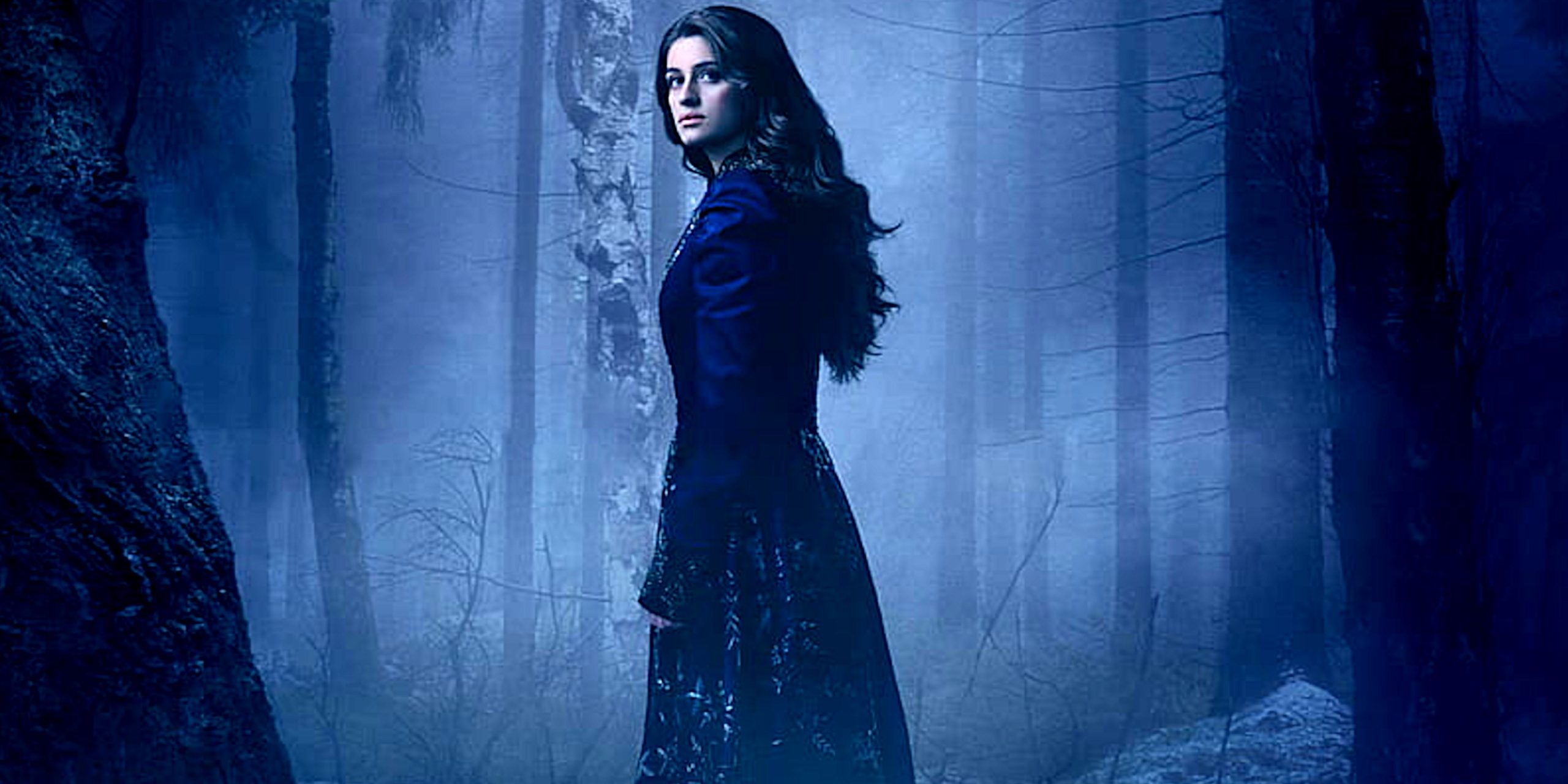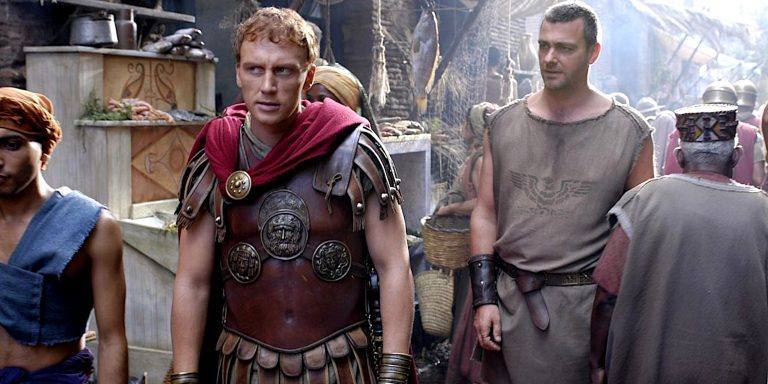
Yennefer of Vengerberg isn’t your typical fantasy heroine. She’s flawed, fierce, and frustratingly human for someone who can bend the world to her will. From her painful beginnings as a hunchbacked outcast to becoming one of the most powerful sorceresses in The Witcher universe, Yennefer’s story is a story of ambition colliding with identity. She’s not here to be likeable. She’s here to be unforgettable.
The Power She Chose
Magic in The Witcher isn’t some sparkly accessory. It’s political, dangerous, and comes with a price tag that rarely reads “discount.” For Yennefer, power wasn’t inherited or gifted, it was clawed out of years of humiliation and rejection.
After being sold to Aretuza, the magical academy for sorceresses, Yennefer endures brutal training and a transformation that strips her of both her physical deformities and, metaphorically, her innocence. Her beauty becomes her armour, but also her prison. The world finally sees her, but it’s the version she had to build, not the one that was ever accepted.
Her rise through the ranks of the Brotherhood of Sorcerers is proof of her ruthless intelligence and unmatched willpower. Yet beneath all the politics and poise, there’s always the question: who is Yennefer without her magic?
The Price of Transformation
Every gain in Yennefer’s life is shadowed by a loss. Her transformation renders her infertile, a detail that haunts her endlessly. It’s one of the most quietly tragic aspects of her story, she sacrifices motherhood for control, only to realise that control is the illusion.
This tension defines her relationship with Geralt and Ciri. With Geralt, there’s passion that burns too hot to last, love that feels both destined and doomed. With Ciri, there’s something even deeper: the echo of the child she can never have. Her attempts to regain fertility aren’t about vanity or regret, they’re about reclaiming a piece of herself that she was told didn’t matter.
It’s easy to paint Yennefer as power-hungry, but her hunger is really for wholeness. She wants to be both the woman she was and the force she became.
Identity and the Illusion of Control
Yennefer’s greatest strength is also her greatest flaw: her need for control. She manipulates kings, monsters, and even destiny itself, but the more she tries to steer her fate, the more she’s reminded that some things can’t be rewritten.
Her identity fractures between the woman who was despised and the mage who is feared. The Witcher universe thrives on moral ambiguity, and Yennefer embodies it perfectly. She’s not the villain. She’s not the saint. She’s the person who did what she had to do to survive in a world that only valued her when she was beautiful or powerful.
And honestly? That’s more relatable than most of us would like to admit.
The Journey of Acceptance
By the later stages of her story, Yennefer starts to let go, not of her strength, but of the illusion that she can fix everything. Her bond with Ciri is the turning point. It forces her to be vulnerable again, to care for someone without trying to own the outcome.
That’s the quiet brilliance of her arc. It’s not about redemption or forgiveness, but about learning that being powerful and being loved aren’t opposites. They’re just really difficult to balance.
The Seven Swords Takeaway
Yennefer’s journey is about power, yes, but also about pain, identity, and the impossible task of reconciling the two. She’s one of fantasy’s most complex figures because she refuses to be reduced to one thing. She’s beauty and rage, intellect and insecurity, love and loneliness.
In a world obsessed with chosen ones and moral purity, Yennefer’s story feels like a mirror, sharp, honest, and a little bit uncomfortable. She reminds us that becoming who we are is rarely painless, but it’s always worth the scars.










